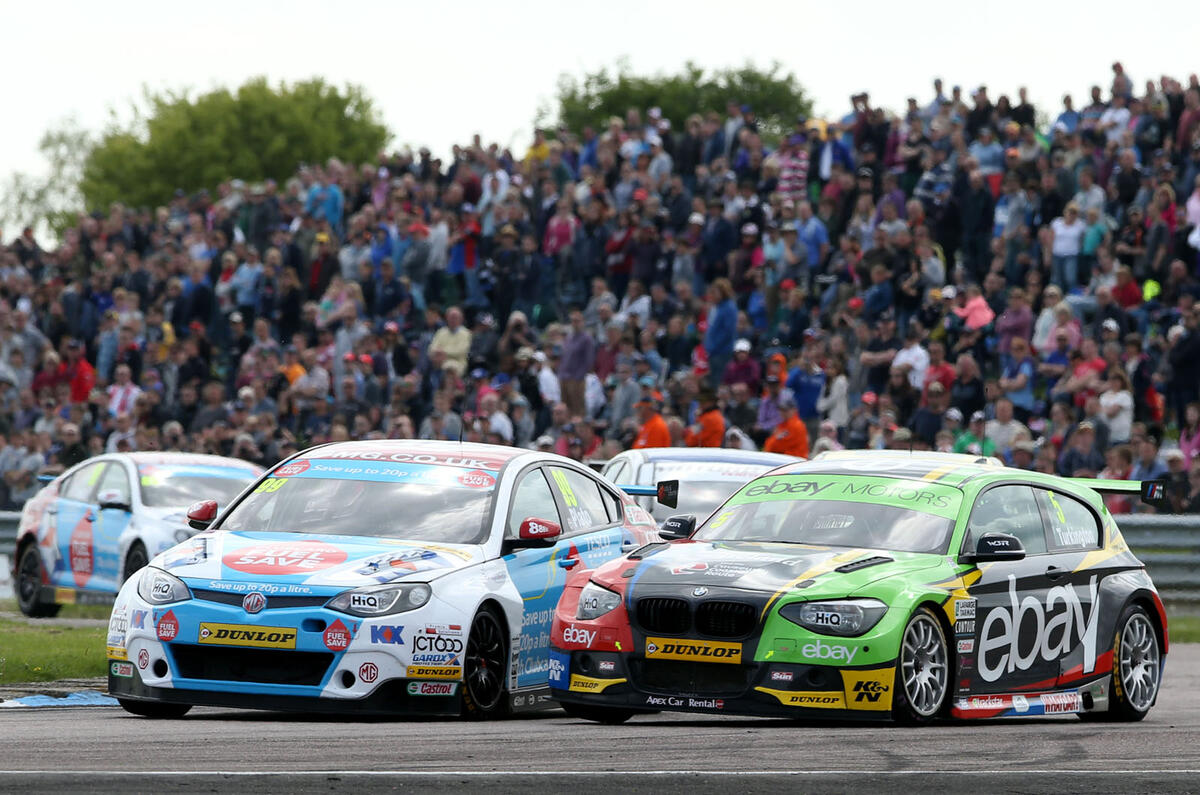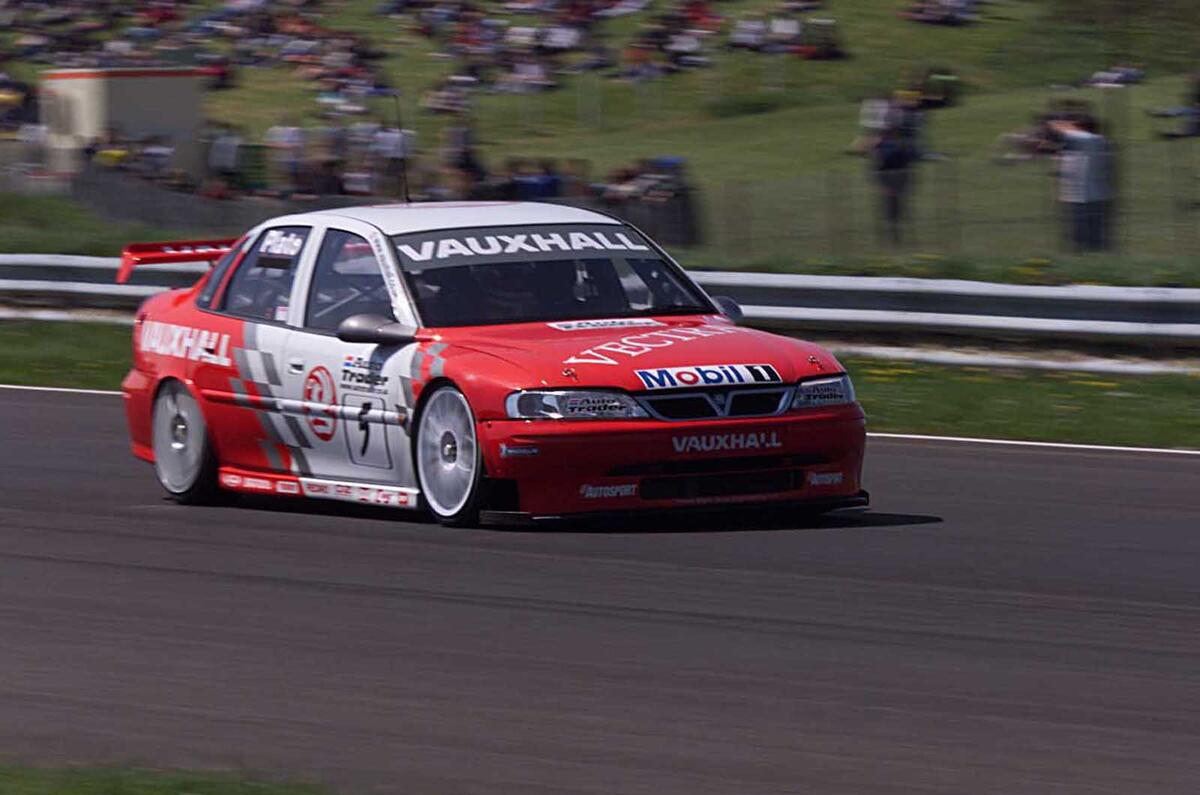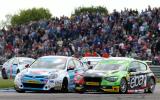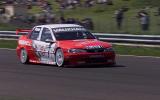Thruxton in Hampshire, the scene of the three most recent rounds of the Dunlop MSA British Touring Car Championship, is where racing drivers worship at the altar of speed.
Like many tracks in the UK, the flat (and flat-out) layout is based around the perimeter road of an old combat fighter airfield that was opened in 1942. But, unlike many other tracks, none of the roads are straight. Each section of the course features gradual curves and that means the demands on the cars and drivers are continuous.
Thruxton is one of the best places to make comparisons on touring car speed through the years because the layout hasn’t been altered to any great degree since it first hosted a round in 1968.
Back in those days, the series was dominated by Fords – cars such as the huge US-imported Falcons, the Escort Mk1s and the Lotus Cortinas. They started off on treaded road-going tyres, but, even so, were capable of gobbling up the asphalt at an average speed of 97mph.
The category has gone through several rule iterations since then with domination by Capris and Triumph Dolomites in the 1970s under the Group 1 era into Group A in the 1980s, which thrust Rovers and BMW to the forefront.
Despite those slick-tyred cars ruling the roost in terms of race wins, the lower-powered classes were rewarded with as many points as the overall race winner, so the champion often came from the tiddlers at the back of the grid. Nevertheless, at the end of the Gp A era, which came in 1990 with the mighty Ford Sierra RS500s, a lap of Thruxton could be despatched at an average speed of 105mph.
The ultimate expression of a touring car has to be a single-class iteration dubbed the Super Touring era, which ran between 1991 and 2000. They were all two-litre cars but with sophisticated aerodynamics and a raft of professional drivers and teams. The series’ popularity peaked when nine factory teams (Alfa Romeo, BMW, Ford, Honda, Peugeot, Renault, Toyota, Vauxhall and Volvo) entered the category in 1995.
Lap times tumbled as the budgets shot up, but the writing was on the wall as the costs were becoming unsustainable. The BTCC was becoming all about pure-bred racing cars rather than road-based race-tuned motors.
The fastest-ever touring car lap at Thruxton was set by Jason Plato in a Vauxhall Vectra in 2000. He was helped by the fact that the Tarmac had recently been relaid, but he pounded around the 2.36 miles in 1min 13.272sec, or an average speed of 115.75mph.
When the bubble burst, bosses reined in the spending by introducing control parts. That has evolved into the regulations we have today with mandated front and rear subframes, electronics, gearboxes, clutches, tyres and brakes. In turn, it has pegged times and speeds back to a still very acceptable 109mpha average around Thruxton.
But, as two-time champion Plato says, the effect of the modern rules has been to the benefit of the championship. In a feature in this week’s Motorsport News, Autocar's sister publication, the works MG driver says: “It does feel slower today, but only because I know how frenetic it was to drive a Super Tourer on the limit. But the racing now is as good, if not better, than it was back then.







Add your comment